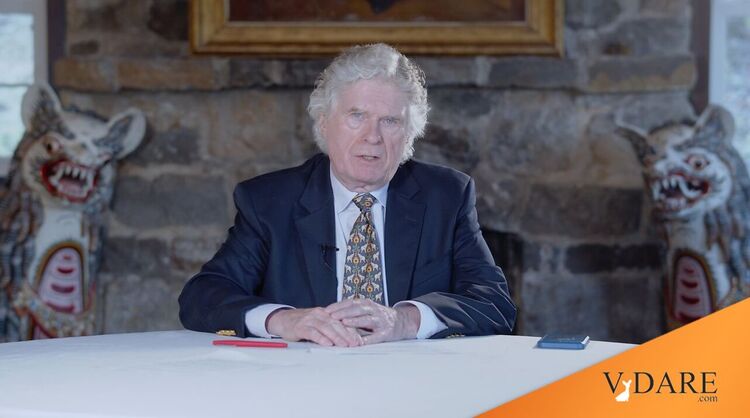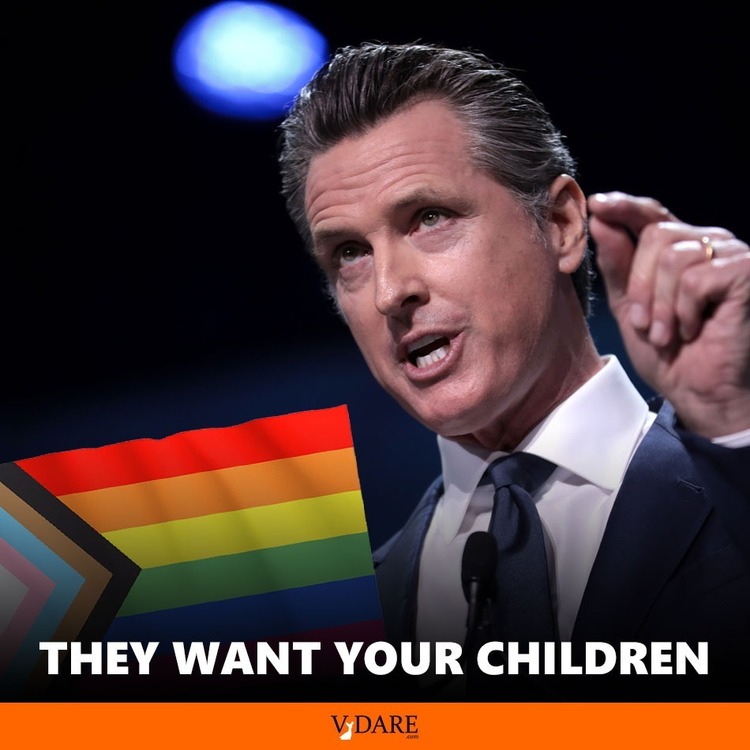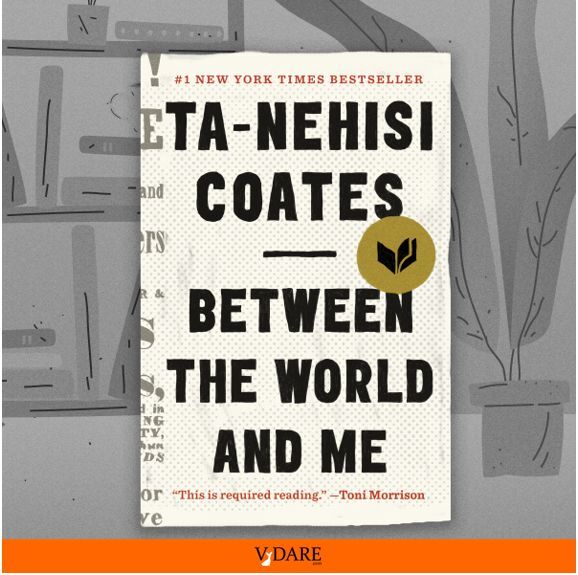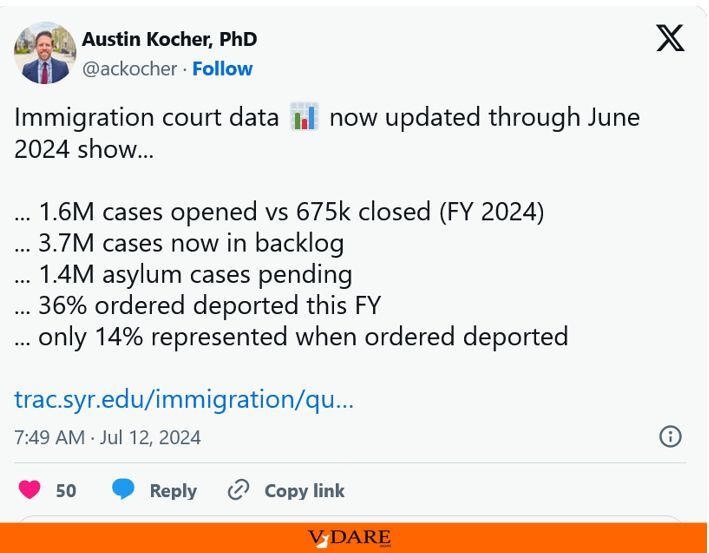But if we’re almost done picking apart Jackie’s story and her character — and surely we’ve nearly reached the end of that, after this piece — perhaps it’s time now to consider the second half of Erdely’s story. That’s the part where Jackie and other UVA students say they reported being raped to administrators and were presented with several options for “formal” and “informal” hearings into their allegations. As associate Dean of Students Nicole Eramo said in an interview, the informal hearings virtually never led to expulsion, even when the accused student admitted to rape or sexual assault.Until very recently, the Social Media Justice Warriors were demanding Dean Eramo’s head for listening patiently to Jackie instead of rousing a lynch mob to string up the entire fraternity. Check out the fulminating comments at the college newspaper to Jackie’s letter of defense of Dean Eramo.
There's a reason UVA is still addressing issues of how they handle sexual assault allegations on campus, and it's not because it and other college campuses are, in the words of one blogger, "infected by the horribly destructive disease of political correctness." It’s because there’s a problem here, even if Jackie proves to be the wrong person to represent it. (This story also viscerally shows the difficulties and dangers of magazine features, where one character stands in for a broader issue.) UVA is still one of dozens of schools being investigated by the U.S. Department of Education for alleged mishandling of sexual assault complaints.Like the way Dean Eramo mishandled Jackie’s complaint by not treating the fraternity house the way the Ferguson mob treated the convenience store.
There's a reason why criminal matters should be investigated by the police (not that the police always do such a hot job of it either).But there was no criminal matter here. Dean Eramo offered Jackie three paths to choose among:
- going to the cops
- having a hearing by a formal university board with lower standards than guilty beyond a reasonable doubt
- or having an informal board which mostly consists of the accuser getting to tell off the accused (assuming, unlike in this case, that the accused actually exists) in front of some administration authority figures about how he hurt her feelings by, say, brutally raping her on broken glass and then not calling her again.
A catastrophic series of failures on the part of both UVA and Rolling Stone led to this mess, which should never have had a chance to end up being adjudicated in the media.At Richard Bradley’s blog, commenter Honest Broker responds
As someone who has sat in administrative hearings on sexual “misconduct”, I can say Anna has no f#$%^ign clue of what she speaks.Most of our laws and moral ideas about “rape” stem from an era before pornography enlightened young people about the wide range of alternatives they have in sex acts. My vague hunch is that before pornography became omnipresent, young people in general didn’t have all that much imagination about various types of sex acts, so there was less opportunity for post-hoc disagreements about what precisely had been agreed upon.Real rape goes to police. Colleges are stuck dealing with relationship disputes that go bad. Sometimes very, very bad.
This is not to dispute that rape doesn’t happen. But it is a continuum that absolutists don’t want to deal with.
Example: man has sex with woman. She says he agreed not to ejaculate in her. He fails to comply. Is this is a sexual assault? Should the man be expelled, suspended, counseled by a rape specialist or counseled by sex specialist about PME?
The real life stories that colleges are now forced to intervene in are more of the example I gave above and less of the blond, fit, frat sadist rapists of Rolling Stones imagination… As a society we have not found a way to communicate what occurs in the latter unfortunately…
Recently, I was watching for the first time the musical Grease about 1950s teens, with its talented cast of thirtysomething high school students. In the Mulholland Drive makeout scene, Stockard Channing (age 34) plays the school’s Fast Girl (presumably Channing is fast because she can hear her biological clock ticking).
My impression from the movie is that the Fast Girl is portrayed as considering a hierarchy of activities to do with her new boyfriend in the back seat of his new car that are limited to A) kissing; B) “heavy petting;” C) vaginal sex with a condom; D) vaginal sex without a condom.
When the lad’s condom disintegrates as he removes it from his wallet for the first time since he placed it there in 7th grade, she says “Aw, what the hell” and decides to take her chances with pregnancy. Potential non-impregnating sex acts known to, say, 18th Century French aristocrats aren’t on the (presumably) young couple’s mental map.
Now, today’s porn-driven awareness of alternatives sounds like a good thing, right, because then young people can calmly negotiate over exactly what they will engage in. Perhaps they could hire agents to negotiate the fine points and draw up a contract spelling everything out in excruciating detail in the manner of, say, a movie industry contract stipulating just how nude Jennifer Lawrence will be in a movie nude scene.
But more likely in the heat of the moment stuff happens, often more complicated stuff than pre-porn, and the parties may not fully agree on whether what happened was what each had in mind, especially if he doesn’t send flowers the next day. This provides much in the way of hurt feelings for University administrators to patiently listen to.











